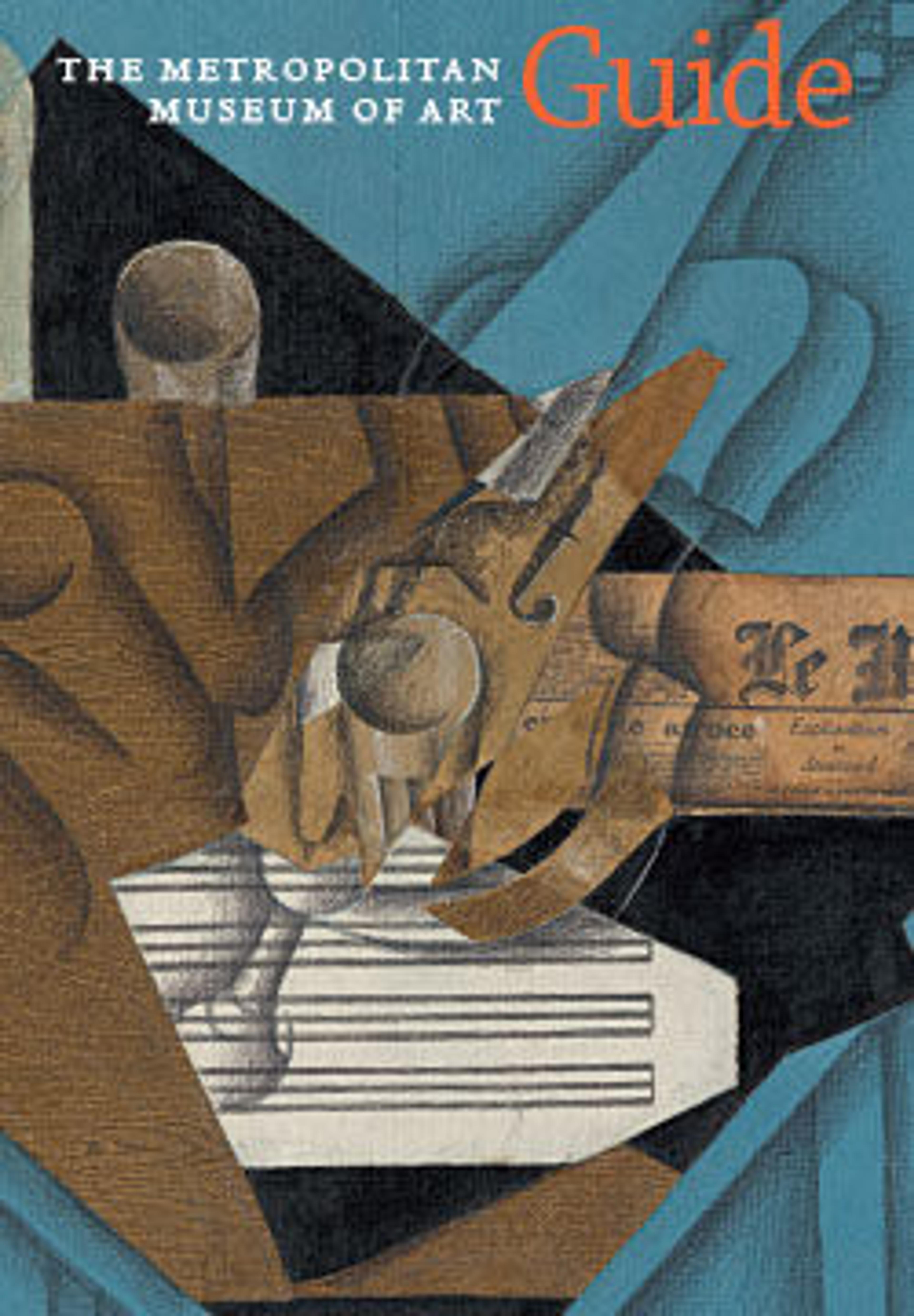English
Crib of the Infant Jesus
Miniature cradles for the Christ Child were popular devotional objects in the fifteenth and sixteenth centuries and were venerated, especially in convents, where they were often presented to women taking their vows. This splendid cradle comes from the Grand Béguinage of Louvain, Belgium, established for lay women in the twelfth century. It is decorated with carved representations of the Nativity and the Adoration of the Magi on either end. The biblical family tree of Christ is illustrated on the embroidered coverlet.
Artwork Details
- Title: Crib of the Infant Jesus
- Date: 15th century
- Geography: Made in Brabant, South Netherlands
- Culture: South Netherlandish
- Medium: Wood, polychromy, lead, silver-gilt, painted parchment, silk embroidery with seed pearls, gold thread, translucent enamels
- Dimensions: 13 15/16 x 11 3/8 x 7 1/4 in. (35.4 x 28.9 x 18.4 cm)
Other (pillow): 4 1/4 x 6 3/4 x 1 3/4 in. (10.8 x 17.1 x 4.4 cm)
Bedcover: 6 7/8 × 6 1/2 × 1/8 in. (17.4 × 16.5 × 0.3 cm)
Other (Cavity under thre crib): 2 1/16 × 1 1/8 × 1/4 in. (5.2 × 2.8 × 0.7 cm) - Classifications: Sculpture, Woodwork, Textiles-Woven, Metalwork-Reliefs, Enamels-Champlevé
- Credit Line: Gift of Ruth Blumka, in memory of Leopold Blumka, 1974
- Object Number: 1974.121a–d
- Curatorial Department: Medieval Art and The Cloisters
Audio
3045. Crib of the Infant Jesus
0:00
0:00
We're sorry, the transcript for this audio track is not available at this time. Please email info@metmuseum.org to request a transcript for this track.
More Artwork
Research Resources
The Met provides unparalleled resources for research and welcomes an international community of students and scholars. The Met's Open Access API is where creators and researchers can connect to the The Met collection. Open Access data and public domain images are available for unrestricted commercial and noncommercial use without permission or fee.
To request images under copyright and other restrictions, please use this Image Request form.
Feedback
We continue to research and examine historical and cultural context for objects in The Met collection. If you have comments or questions about this object record, please contact us using the form below. The Museum looks forward to receiving your comments.
